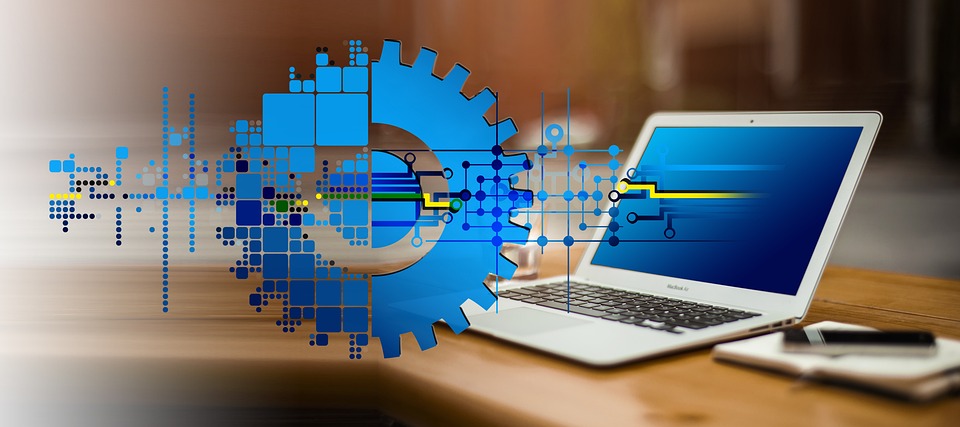In today’s rapidly evolving society, the intersection of ideological frameworks and ethics plays a crucial role in shaping our beliefs and actions. Ideological frameworks, which refer to the set of ideas, values, and beliefs that form the basis of a particular social, political, or economic system, often influence the ethical decisions we make in our daily lives. This dynamic relationship between ideology and ethics is evident in various aspects of society, from politics and economics to social activism and environmental issues.
The Role of Ideological Frameworks in Shaping Ethics
Ideological frameworks serve as a lens through which we view the world and make sense of complex ethical dilemmas. These frameworks are often shaped by our upbringing, education, cultural background, and personal experiences. For example, someone who grew up in a conservative religious household may adhere to a set of moral values and beliefs that guide their ethical decision-making process. Likewise, an individual who aligns with a liberal political ideology may prioritize social justice and equality in their ethical considerations.
Political Ideologies and Ethical Dilemmas
Political ideologies, such as liberalism, conservatism, socialism, and libertarianism, have a significant impact on how individuals approach ethical dilemmas in society. For instance, individuals who subscribe to liberal ideologies may prioritize individual rights and social justice in their ethical considerations. This can be seen in debates over issues such as healthcare, immigration, and LGBTQ rights, where liberals often advocate for policies that promote equality and inclusivity.
Conversely, individuals who adhere to conservative ideologies may prioritize traditional values, personal responsibility, and limited government intervention in their ethical decision-making process. This can manifest in debates over issues such as gun control, abortion, and welfare programs, where conservatives often advocate for policies that uphold traditional values and individual freedoms.
Economic Ideologies and Ethical Considerations
Economic ideologies, such as capitalism, socialism, and communism, also play a significant role in shaping ethical considerations in society. For example, proponents of capitalism may prioritize individual entrepreneurship, free markets, and limited government regulation in their ethical decision-making process. This can be seen in debates over economic policies such as taxation, trade, and labor rights, where capitalists often advocate for policies that promote economic growth and innovation.
On the other hand, proponents of socialism may prioritize social welfare, income equality, and collective ownership of resources in their ethical considerations. This can be seen in debates over issues such as healthcare, education, and housing, where socialists often advocate for policies that address income inequality and promote social welfare programs.
The Evolving Landscape of Ethical Dilemmas
As society becomes increasingly interconnected and globalized, new ethical dilemmas are emerging that challenge traditional ideological frameworks. Issues such as climate change, artificial intelligence, genetic engineering, and social media have raised ethical questions that require a nuanced understanding of both ideology and ethics.
Environmental Ethics and Ideological Frameworks
Environmental ethics, for example, have become a pressing concern in today’s society as the consequences of climate change become more apparent. Ideological frameworks, such as environmentalism, conservationism, and sustainability, play a crucial role in shaping how individuals and societies approach environmental issues.
Individuals who align with environmentalist ideologies may prioritize the protection of natural resources, conservation of biodiversity, and sustainability in their ethical considerations. This can be seen in debates over issues such as renewable energy, deforestation, and pollution, where environmentalists often advocate for policies that promote environmental protection and sustainable development.
Conversely, individuals who adhere to more conservative ideologies may prioritize economic growth, private property rights, and limited government intervention in their ethical decision-making process. This can create tensions between environmentalists and conservatives on issues such as climate change regulation, environmental conservation, and energy policy.
Technological Ethics and Ideological Perspectives
Technological advancements, such as artificial intelligence, genetic engineering, and social media, present new ethical dilemmas that challenge traditional ideological frameworks. Issues such as data privacy, algorithmic bias, and autonomous weapons raise complex ethical questions that require a nuanced understanding of both technology and ethics.
Individuals who align with technocratic ideologies may prioritize innovation, efficiency, and technological progress in their ethical considerations. This can be seen in debates over issues such as data privacy, surveillance, and artificial intelligence, where technocrats often advocate for policies that promote technological advancement and economic growth.
On the other hand, individuals who adhere to more humanistic ideologies may prioritize human rights, social justice, and ethical considerations in their approach to technology. This can create tensions between technocrats and humanists on issues such as AI ethics, genetic engineering, and social media regulation.
Conclusion
In conclusion, the intersection of ideological frameworks and ethics in today’s society is a complex and dynamic relationship that shapes our beliefs and actions in a variety of contexts. Whether it be political ideologies, economic ideologies, environmental ethics, or technological ethics, our ideological frameworks play a crucial role in shaping how we approach ethical dilemmas and navigate the challenges of a rapidly evolving world. By understanding the interplay between ideology and ethics, we can foster a more informed and nuanced approach to addressing the ethical dilemmas of our time.




